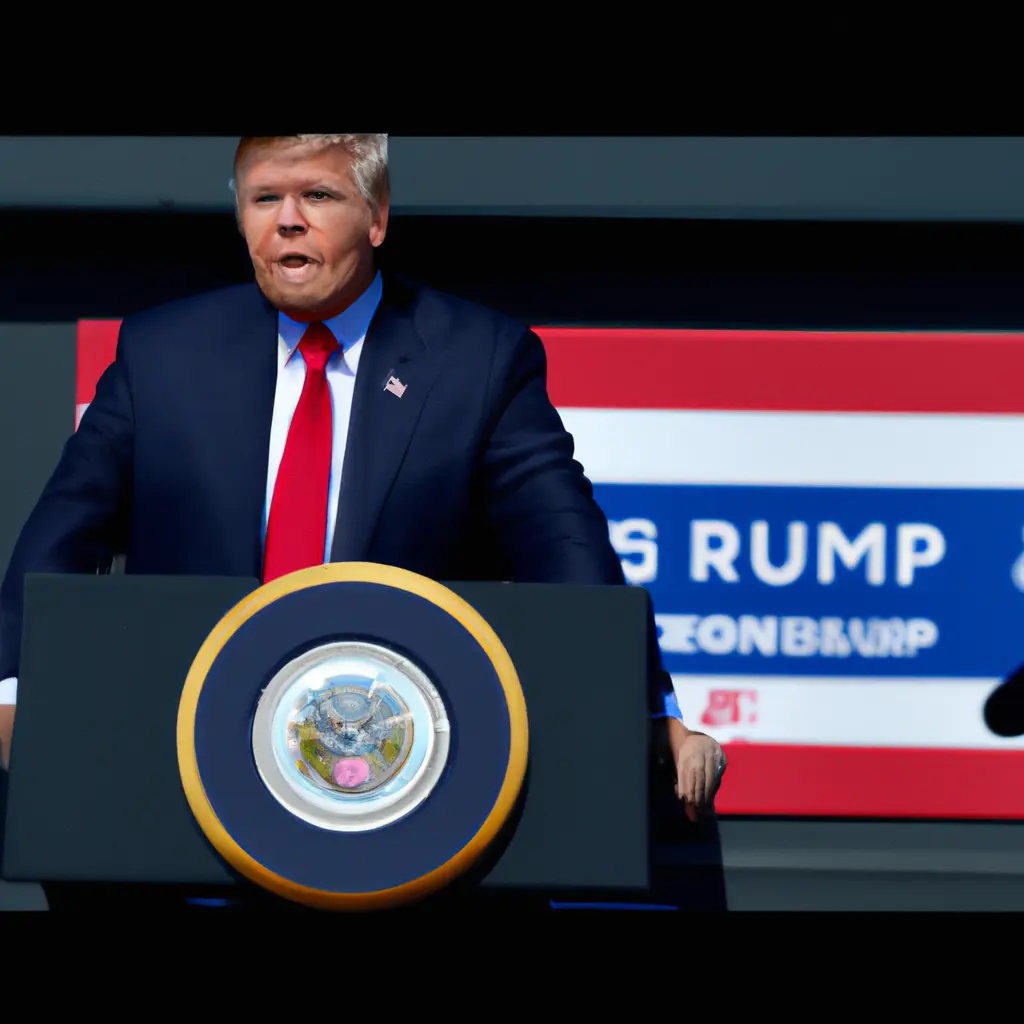The decision against Trump touches on his very essence of personality

Virtually every aspect of Donald J. Trump's life and career has been a part of his life and career. Trump has been subjected to justice scrutiny over the past few years, leaving him under indictment for felonies in four jurisdictions and under judicial accountability in a civil case for a sexual assault he committed decades ago. But the ruling on Tuesday by a New York state judge, which found that Mr. Trump had committed fraud by inflating the value of his real estate, tapped into the very essence of him that made him a national figure and launched his political career.
Factually calling him a fraud, the court's ruling in the civil case, handed down by Judge Arthur F. by Engoron, undermined Mr. Trump's advertised version of himself as a lord of the business world, an individual who helped weave himself into the fabric of popular culture and ultimately gave him the status and resources to reach the White House.
The decision was the latest remarkable development that tests the sustainability of Mr. Trump's appeal as he seeks to win the election despite the weight of evidence against him in cases spanning his years as a developer in New York, his 2016 campaign, his efforts to reverse his defeat in the 2020 election and his handling of national security after leaving office.
The federal case accusing him of planning to stay in power despite his election defeat three years ago portrays him as a threat to democracy, as does a similar prosecution in Georgia. The classified documents case describes his willingness to obstruct justice to mask his reckless disregard for the laws governing the handling of such documents. A New York prosecution involving hush money payments to a porn star in the closing stages of the 2016 election presents evidence of the kind of political perfidy he says he wants to eradicate from Washington.
None of these cases has clearly hurt Mr. Trump's campaign for the Republican presidential nomination so far, with polls showing him leading by a wide margin. In fact, polls show that the indictments have solidified his support among Republicans. The harassment helped his fundraising.
It is not yet known if Judge Engoron's ruling will have any other effect. But his findings endanger both the public perception of Mr. Trump and his business empire. The former president now faces not only the prospect of paying $250 million in compensation, but could also lose real estate, such as Trump Tower, that is inseparable from his brand.
A lawyer for Mr. Trump in the case, Christopher M. Cayce called the decision "outrageous" and said an appeal would be filed. He called it "completely unconnected to the facts and the applicable law. "
"The decision seeks to nationalize one of the most successful corporate empires in the United States and seize control of private property, while acknowledging that there is no evidence of any wrongdoing, default, late payments or damage claims," Mr. Cayce said.
Mr. Trump, in a lengthy post on his social media site, called the allegations in the fraud ruling "ridiculous and implausible" and said it was a political attack against him during the presidential campaign.
In all of Mr.

These methods have served him well in the business and political worlds, where there is often no price to pay for distorting the truth, and where voters generally do not distinguish between gradations of lies. But these methods have so far proven far less effective in courts that operate under strict standards of truthfulness and serious and restrained rules.
Justice Engoron's ruling pierced Mr. Trump's bubble of defensive falsehoods about the way he conducts his business.
"In Defendants' world," Judge Engoron wrote, "rent-regulated apartments equal unregulated apartments, restricted land is worth as much as unrestricted land, restrictions can vanish like smoke. "
"This is a fantasy world, not the real world," the judge continued.
Mr. Trump's other weapon - intimidating his opponents - did not prove more successful in court. This month, federal prosecutors asked the judge overseeing his federal election interference case to impose a ban on him from speaking to the media, citing his "almost daily" social media attacks on people involved and the threats they generate.
G Mr. Trump ignored Judge Tania S.'s first warning. Chatkan on being careful what you say about witnesses, prosecutors and potential jurors in a case. But if he thought he could just ignore the judge's warning, prosecutors showed he was wrong. Now Mr. Trump has put himself on a collision course with a judge, which could lead to restrictions on his public statements in the middle of his presidential campaign.
Mr. Trump is limited by the very system he often uses to thwart opposition: the courts. Over the past two years, Mr. Trump has filed a slew of lawsuits against news networks, political critics and even the Pulitzer Prize committee. Several of those cases were dismissed.
The ruling by Judge Engoron hinted at a line that has long defined Mr. Trump's personality and his approach to business. He has always sought to create his own reality, often with success - up to a point.
In a 2006 lawsuit that Mr. Trump filed against the journalist Timothy O'Brien, author of "TrumpNation: The Art of Being The Donald," which projected his net worth at no more than $250 million, the future president testified and made a surprising statement about how he calculates the value of his assets.
"My net worth fluctuates, it rises and falls with the markets, sentiment and even my own feelings, but I try," Mr. Trump said.
The judge ultimately dismissed his lawsuit.
Comment
Popular Posts
Popular Offers

Subscribe to the newsletter from Hatamatata.com!
Subscribe to the newsletter from Hatamatata.com!
I agree to the processing of personal data and confidentiality rules of Hatamatata











